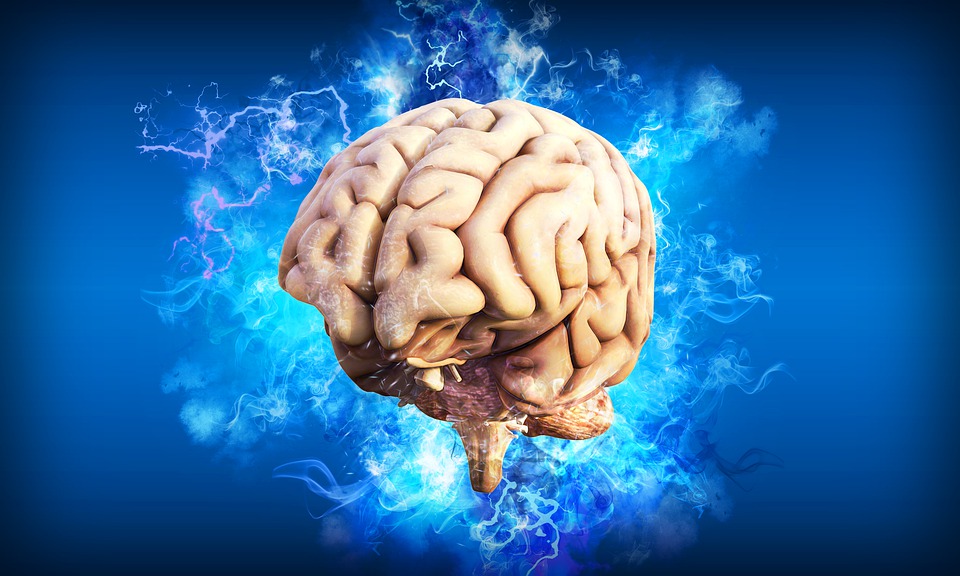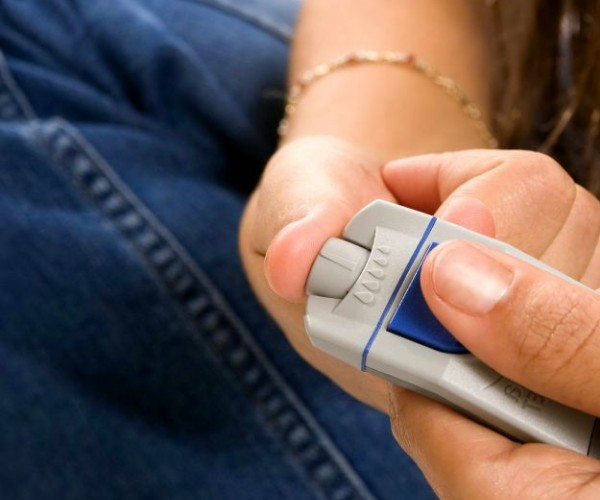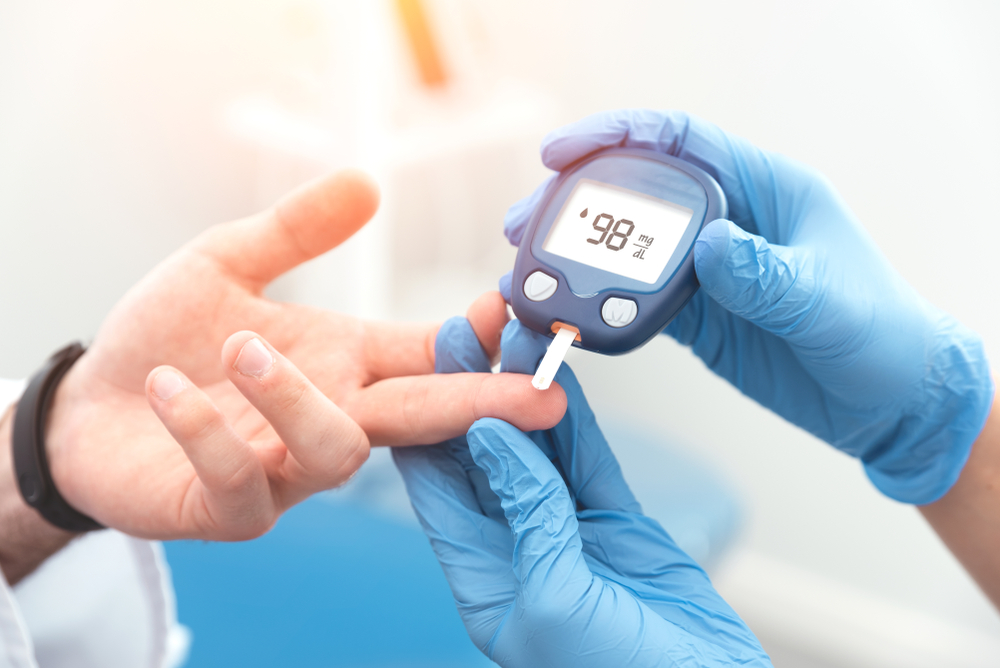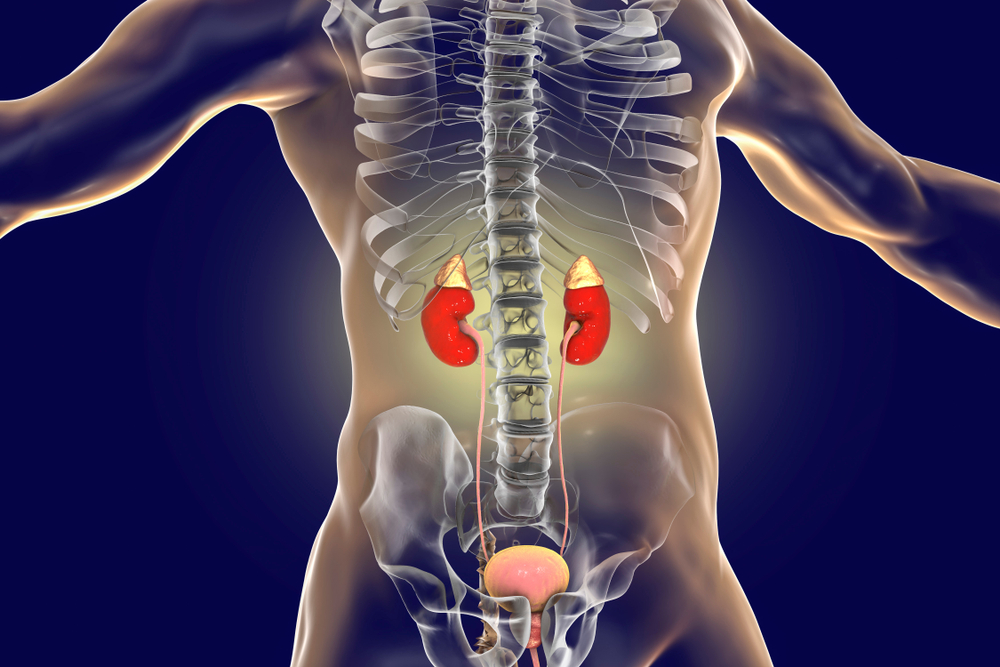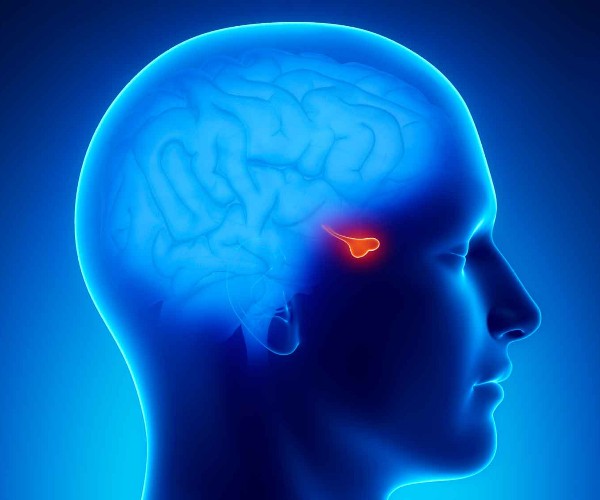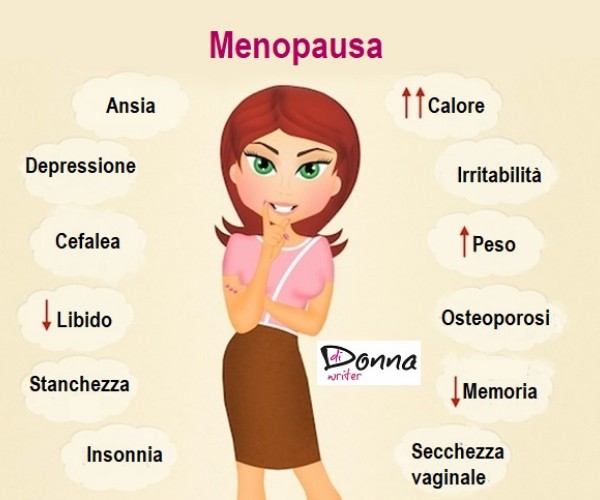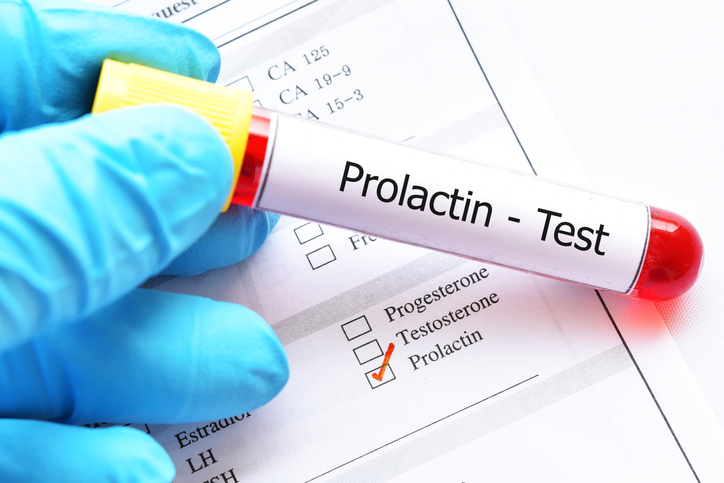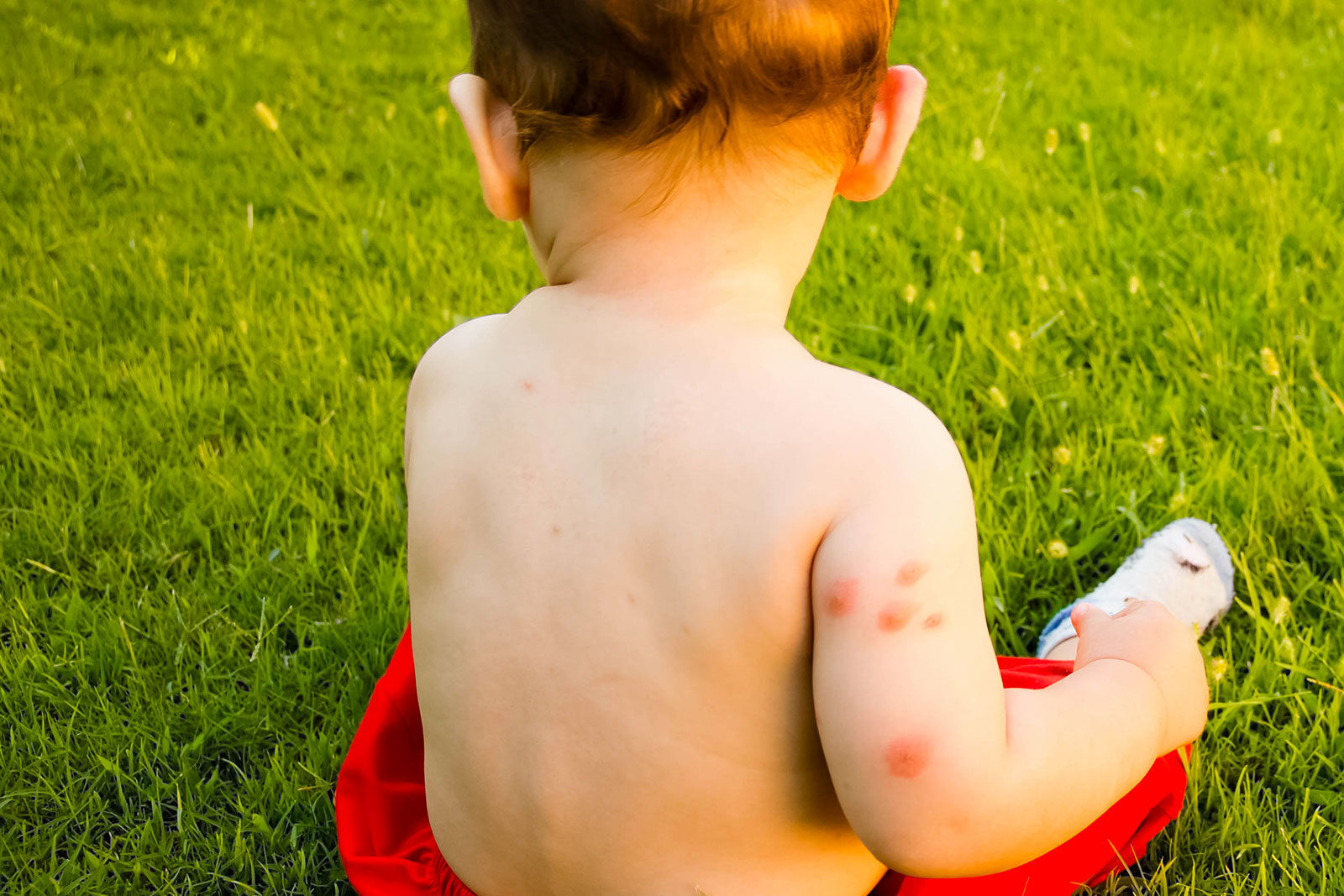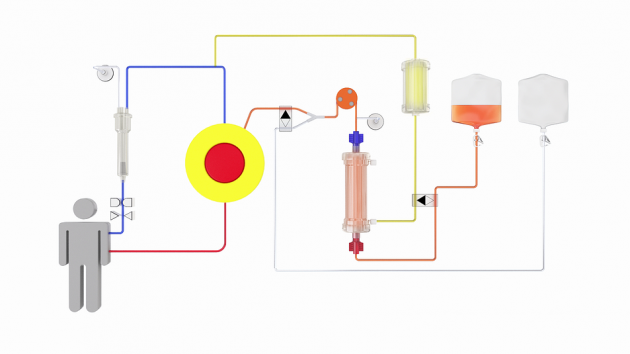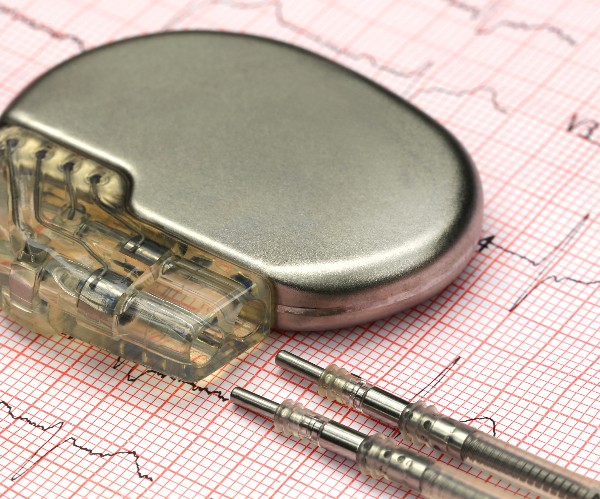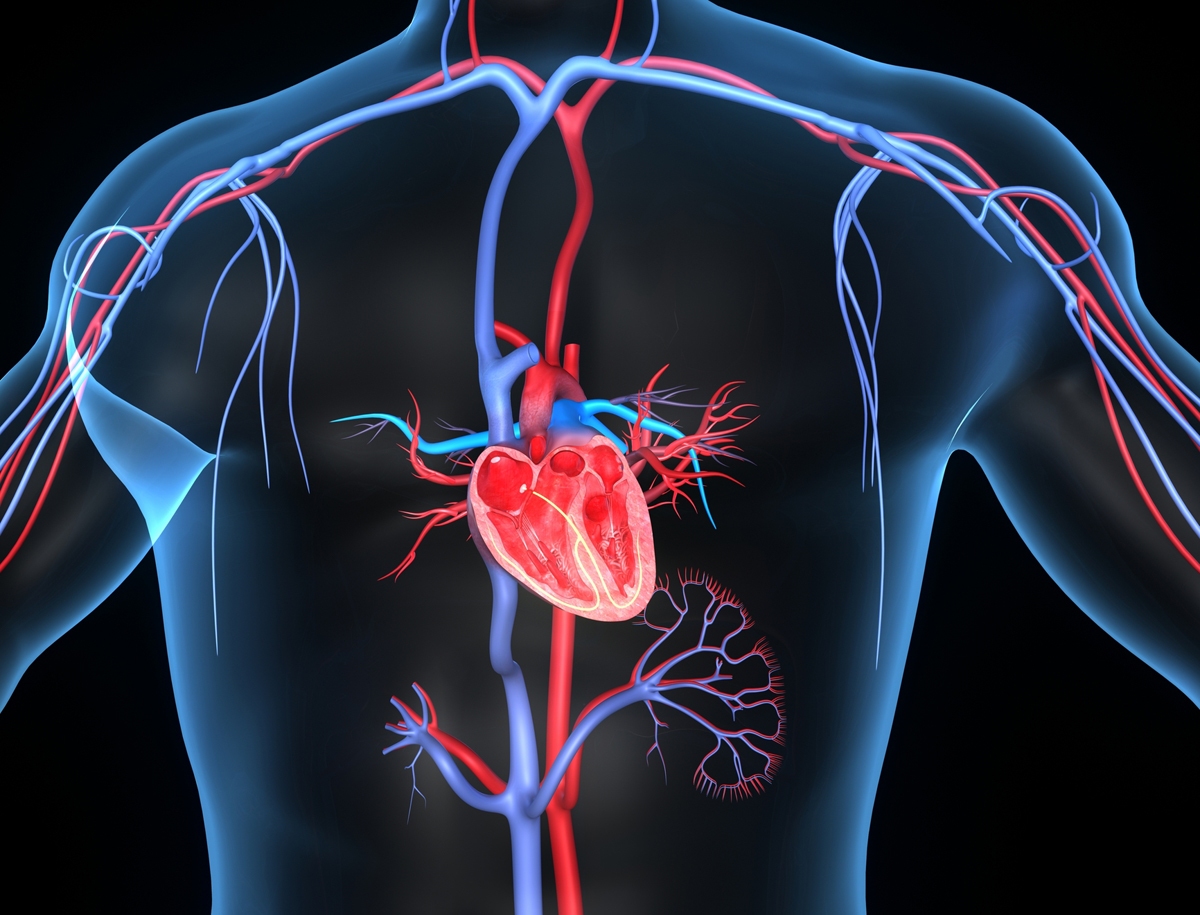This article is and is intended to be a stone provocatively thrown into the sea of Medically Assisted Reproduction to raise doubts and questions.
In this field there is an overlap between the principle regarding the possibility of access to RMA techniques and the ethical principle that procreation is one of the inalienable rights of the individual.
The two do not coincide. In fact, RMA is a technical expedient created precisely to overcome or bypass obstacles to reproduction.
According to Law 40 (which governs this field to this day), recourse to MAR is possible only in the face of a certified condition of infertility or sterility (with or sine causa)
I wonder then if access to the techniques should also be guaranteed in those situations of “marriage whites,” determined not by issues of a physical nature but of a psychological, that is, when we are faced with major psychological issues, that would need specific accompaniment, so that the use of RMA can be the end point of a journey (individual and couple) and not a hypothetical shortcut or an attempt to deny the existence of a problematic.
More…
Are there any cases in which the possibility of refusing access to PMA techniques is contemplated? Again according to Law 40 (art.6 paragraph 4) this is only possible for “...medical and health reasons.”
In clinical practice, however, there is encounter situations that make people think and raise questions.
A first category of situations refers to those couples who have major relationship problems and for whom having a child meets compensatory or instrumental needs. Psychological research has for decades now pointed out that the entire period of perinatality, that is, the period between the hypothetical generative project, its planning and implementation until the child’s first development, [1] affects the child’s own life history and quality of life.
A second category of situations involves infertile patients who present or have presented in their history with severe psychiatric disorders (major depression, bipolarity, psychotic splits, paranoid tendencies) and who come to the RMA Center on the belief that if they could have a child, they would give meaning, order and well-being to their lives. Frequently this belief is corroborated by the partner and supported by the whole family.
Such situations highlight of the questions regarding the patient’s ability to cope psychologically not only to a difficult path (that of RMA), stressful and with limited chances of success, but especially to carry out A sufficiently adequate parental function.
It is especially this aspect that turns out to be difficult to frame.
Psychological screening (when and if it is done) generally tends to assess the person’s or couple’s resilience with respect to the pathway. The future care and growth situation of the child is not given specific attention, although it is now universally recognized that there is a correlation between the mother’s (and also the father’s) psychic condition and the quality of attachment, physical, psychic, emotional, cognitive development of the child
Just as one should not ignore the presence of anamnestic, clinical, and detectable indicators by means of the tests, related to the presence of a risk of post-pregnancy depression.
We are however, in a very delicate and slippery field of bioethics.
As rightly pointed out by the Ethics Committee of the American Society for Reproductive Medicine, in a 2013 article. [2] we are faced with a real ethical dilemma that pits the potential rights of the offspring to what may appear to be the rights of the infertile patient:
For on the one hand there is the right of the child who will be born to have parents who are assumed to be sufficiently adequate, and on the other hand there is the right of patients to be able to use techniques that will help them overcome a limitation.
Now, whether it is true that fertile people have the right to have children, even if they are bearers of severe psychiatric problems or particularly heavy disabilities, infertile people need of a technical intervention to achieve pregnancy, and one cannot disregard account that among them may be people who have histories of problems current or undiagnosed or untreated psychiatric, substance abuse, of violent or criminal behavior, of sexual abuse, previous loss of parental authority or Violent relationship with partner. All situations that can be potentially detrimental to the performance of parental functions.
On the other hand part a predictive examination of parenting skills is not easy to do and presupposes a dedicated space and very specific skills. There is a lack of culture And that set of studies and experiences that characterize parenting adoptive.
Could in fact come to our aid what is already being done and is consolidated for adoptions.
Also here we work on hypotheses of parenting skills, making use of tools and of evaluation criteria that, over the years, have been refined and validating, to the point of becoming heritage shared by the scientific community and all practitioners.
Bibliography
D’Arrigo M., If children do not arrive, Liguori , Naples 2008
Fiumanò M., To each his child, The Assayer, Milan 2000
Imbasciati A , Cena L, Perinatal clinical psychology for the health and psychosocial professions.. Vol. II. Parenting and origin of the child’s mind, Franco Angeli, Rome 2015
Child-rearing ability and the provision of fertility services: a committee opinion, American Society for Reproductive Medicine, Birmingham, Alabama, July 2013,Volune 100, pp.50-53
[1] Dinner L., 2015
[2] American Society for Reproductive Medicine, 2013





